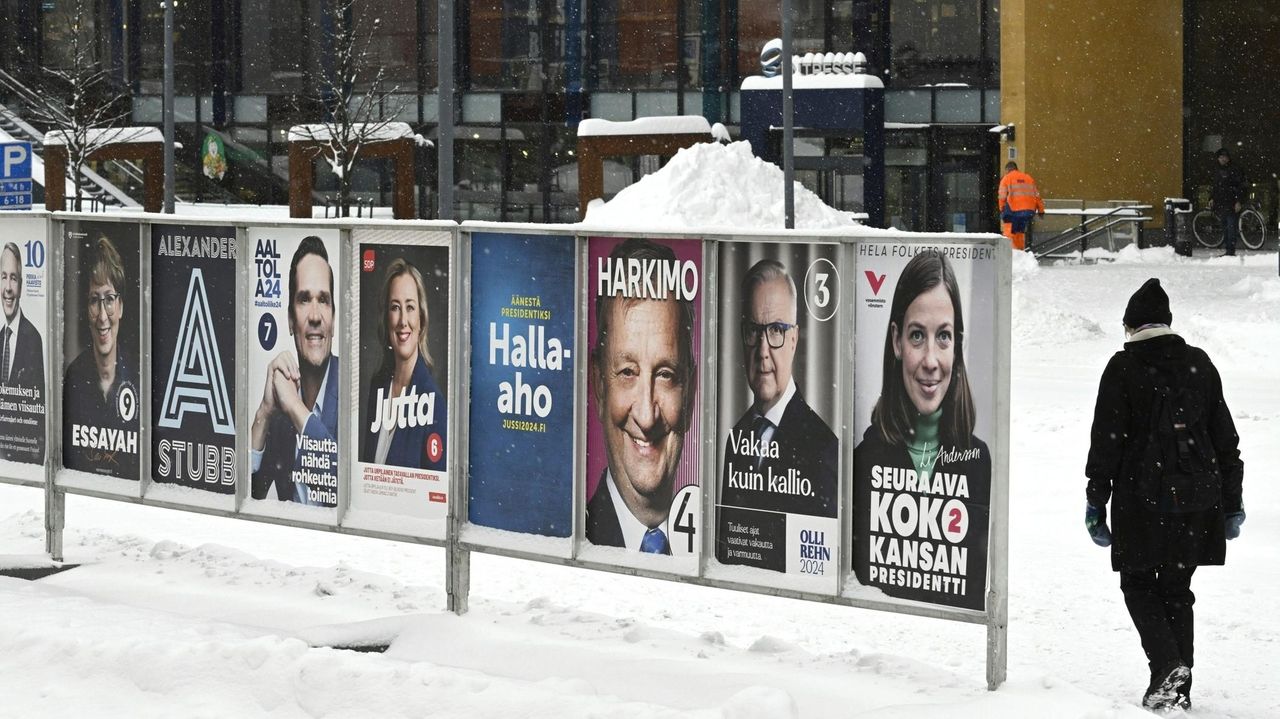HELSINKI — Finns will vote Sunday to elect a new president at an unprecedented time: the Nordic nation is now a NATO member following Russia’s invasion of Ukraine, and its eastern border with Russia is closed, both almost unthinkable a few years ago.
Unlike in most European countries, the president of Finland holds executive power in formulating foreign and security policy, particularly when dealing with countries outside the European Union like the United States, Russia and China.
“Clearly, the main task of the president is to steer foreign policy,” said Teivo Teivainen, professor of world politics at the University of Helsinki.
Some 4.5 million citizens are eligible to vote for Finland’s new head of state from an array of nine candidates — six men and three women — and pick a successor to hugely popular President Sauli Niinistö, whose second six-year term expires in March. He is not eligible for re-election.
Recent polls suggest that former Prime Minister Alexander Stubb, 55, and ex-Foreign Minister Pekka Haavisto, 65, are the top contenders in Sunday’s first round of voting. None of the candidates are expected get more than 50% of the vote, pushing the race into a runoff in February.
Stubb, who headed the Finnish government in 2014-2015, and Haavisto, who is running for the post for the third time, are both estimated to gather 23%-27% of the votes, followed by Parliament speaker and far-right politician Jussi Halla-aho with around 18%. Bank of Finland governor Olli Rehn was expected to receive about a 14% share of the votes.
A brief look at a map shows why foreign and security policy matters are important political themes in this northern European country of 5.6 million people: Finland shares a 1,340-kilometer (832-mile) border with Russia.
A voter arrives to cast her vote in the Finnish presidential election at a mobile polling station in Kuopio, Finland, Tuesday Jan. 23, 2024, on the last day of advance voting. The election day of the first round…
Read the full article here

Leave a Reply